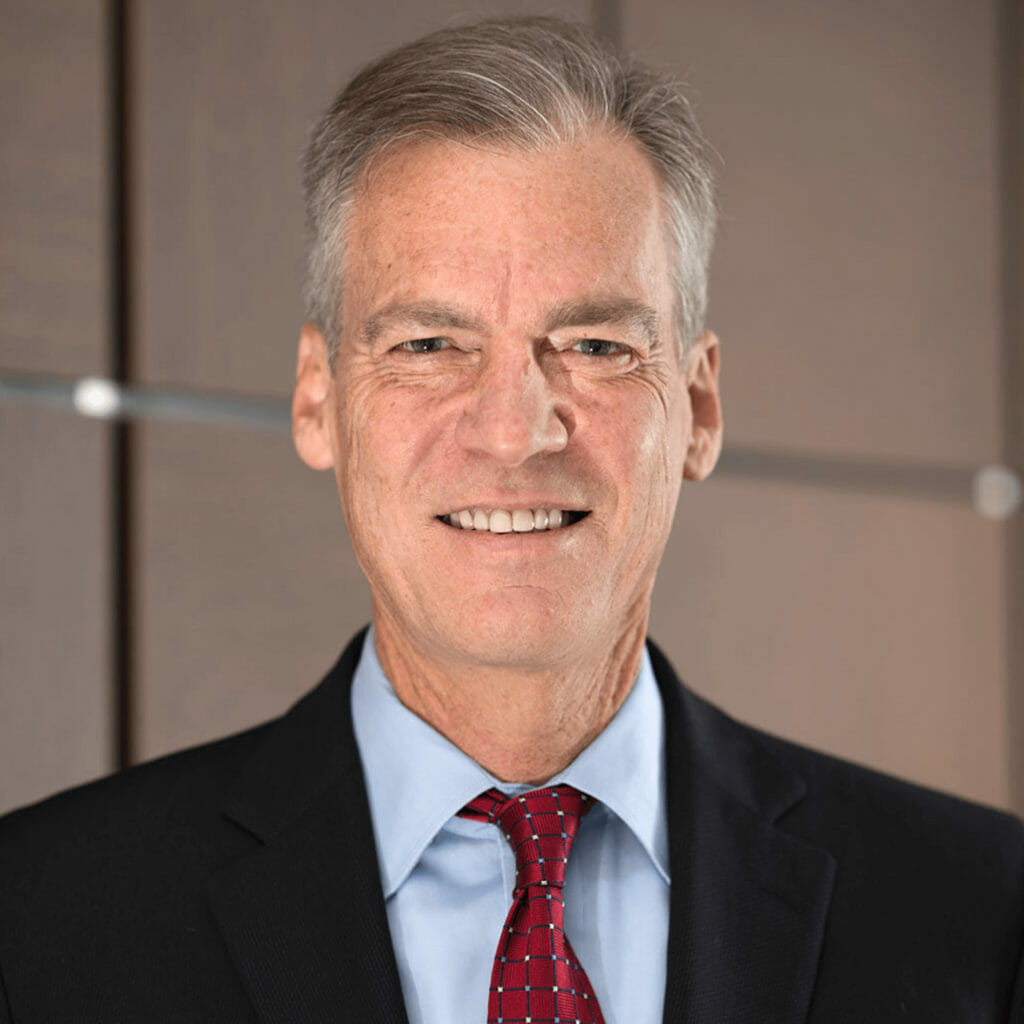

Skilled nursing and assisted living operators are experiencing an “unprecedented workforce crisis,” American Health Care Association / National Center for Assisted Living President and CEO Mark Parkinson said Wednesday during an online press conference.
In response to the situation, the senior living and care advocacy group has launched a national campaign aimed at educating job-seekers about career opportunities in the field. The campaign, called Careers in Caring, also aims to help equip nursing homes and assisted living communities with the resources they need to attract new caregivers. The Careers in Caring website houses informational videos, messaging materials, social media tools, graphics and more to help operators build a pipeline of workers.
According to results of an AHCA survey released Tuesday, 96% of nursing homes are experiencing difficulty hiring staff. Almost all respondents (95%) said that they were concerned about being able to meet a staffing minimum of 4.1 hours of care per day per resident being floated by the Centers for Medicare & Medicaid Services.
In an NCAL survey released in June, 30% of participating assisted living providers said they were limiting new move-ins (24%) or closing their communities (6%) as a result of operating and staffing challenges.
“This unprecedented crisis will require unprecedented and extraordinary solutions. It will require everybody working together,” Parkinson said. “There is no simple solution to this. There is no single part of this that will solve the problem. We’re doing our best to put a dent in this massive lack of workers that we’ve had.”
The CEO said that government data show that the skilled nursing industry had more than 1.5 million workers before the pandemic and that today, that number has dropped to 1.3 million (a lost of almost a quarter of a million) workers. The assisted living sector, he said, is short 40,000 workers compared with before the pandemic.
Physicians’ offices, home healthcare and hospice settings all have more workers than they did before the pandemic, Parkinson said, adding that hospitals have “almost as many workers” compared with before the pandemic.
“It is unique to long-term care that we face this crisis,” he said.
Phil Fogg, president and CEO of Marquis Companies and AHCA board chair, said that his company currently has the highest number of job openings it has had in 33 years of business. The company offers skilled nursing as well as senior living, in addition to home care and hospice.
“The workforce shortage is now creating serious access issues as facilities do not have the number of staff they had before. They’re limiting occupancy, and that’s limiting admissions,” Fogg said. “In rural communities, you’re literally seeing facilities close because they cannot get the staff to not only meet their federal and state requirements but to care for people within that community.”
The Careers in Caring also is meant, through surveys, to identify why workers left work in skilled nursing and assisted living as well as to assist providers in recruiting workers back into the profession. Parkinson said that AHCA / NCAL has found that workers are more likely to be drawn to the profession if they see it as a calling to help people or if it can be a means to advancing a career.
“This campaign will provide critical support for providers across the country,” Fogg said


